Julien Baker & Matt Nathanson
“I run from inspiration. The uncertainty of it terrifies me. I don’t understand it and can’t control it, and that scares me.”—Matt Nathanson
“I don’t make music because I might be good at it. I make music because it’s a vital form of self-expression.”—Julien Baker
Some artists create because they like the process and the product. They like what they do and they’re good at it, whether they’re amateurs or professionals.
But other artists create because they need to create. They have to write songs. It’s a self-actualizing and at times even a survival instinct, a primal drive. Because of this, external forces like love or relationships or world upheaval aren’t always drivers. These artists create because they must create. And at times, it may not even be enjoyable.
This is what I thought about after my interview with Julien Baker and Matt Nathanson. It struck me in the metaphors they use to describe lyric writing: words like “shitting” and “puking,” images of violent expulsion that can also bring a tremendous sense of relief—and that are intertwined with instinct and drive. But there’s also genuine anxiety, and at times fear, attached to the songwriting process for both artists. Nathanson told me that inspiration “terrifies” him. “It’s a scary place to let yourself go and get swept up in the experience because my brain wants to assert itself,” he told me. Baker told me that the songwriting process “is a vital form of self-expression.”
Baker is a big runner, and she gets a lot her songwriting ideas on her runs. Unfortunately, this can mean a lot of stopping: when a melody appears, she takes a break, crouches down, and records it. And nature is where she’s most productive too. “I can take my thoughts more seriously in nature too,” she says. “It forces me to be present in my body. It’s not compulsive rumination; it’s actual constructive thinking.”
What you’ll see in this video is not two songwriters talking about the specifics of their creative process. I was prepared to ask about those specifics like I usually do. But after beginning the interview by asking Baker about her ritual and seeing the two of them talk to each other, my work was done because they took it from there. This is a deep dive into the psychology of the songwriting process with all the fears and anxieties that accompany it.
Watch or listen to my interview with Julien Baker and Matt Nathanson!
Kelsey Waldon finds the beginnings of spring and fall to especially conducive to songwriting. A good yellow legal pad helps as well.
Ready for some light summer reading? Taylor Goldsmith of Dawes isn't. He's currently reading Homer's The Iliad.
Kevin Morby’s writing process involves cheap pens, cheap paper, a good hardwood floor, and running shoes. Dental floss proves it.
Real Estate’s Martin Courtney is trying to make his songwriting process less “painstaking” by plowing through the initial stages and chipping away later. But he’s always got Strega Nona.
Laura Veirs find the best way to engage the muse is with a good side eye.
Erin Rae’s most effective songwriting process comes when things are glow-y and her phone is far, far away.
Walter Martin’s most efficient writing process involves not sitting down with the deliberate intent to create. Also: being hungover helps. Photo credit: Melissa Martin
Allison Russell and Aoife O’Donovan are celebrated songwriters—and working moms. This makes for a songwriting process in which the only ritual is recognizing that you don’t have one.
Artists are always searching for the ideal creative state, that perfect time when the songs effortlessly flow. For both Anaïs Mitchell and Charlotte Cornfield, that ideal state involves, well, not really being aware of when they’re in that ideal state.
A good songwriting process for Emily Scott Robinson involves bank pens and vacuum cleaners.
Debbie Gibson thanks The Song Fairies—and sometimes a carousel horse—for the zen-like calm that allows her to write so many iconic songs.
When Martin Sexton is in a rut, he drives his internal editor crazy through utter chaos: two radios playing two different songs simultaneously.
Andrew Marlin of Watchhouse (FKA Mandolin Orange) gets his best writing done between midnight and 4am.
Morgan Wade’s songwriting process doesn’t involve a lot of sitting around. But it does involve some really early mornings. And I mean early.
Steve Gunn’s songwriting process never stops. Even when he’s not writing, his receptors cast a long throw over his environment as he mines for ideas.
Thanks to a constantly evolving creating process, Liz Phair is able to achieve that ideal state that writers dream of: when words flow effortlessly from the fingers with only minimal conscious help from the brain.
Julien Baker and Matt Nathanson make music not just because they want to, but because they have to. For both songwriters, it’s a vital form of self-expression that’s not always easy.
There are days when the songs just won’t stop coming, says Bartees Strange. His job as an artist is to stand there and try to catch all those ideas. “It’s like holding a bucket outside in the rain,” he says.

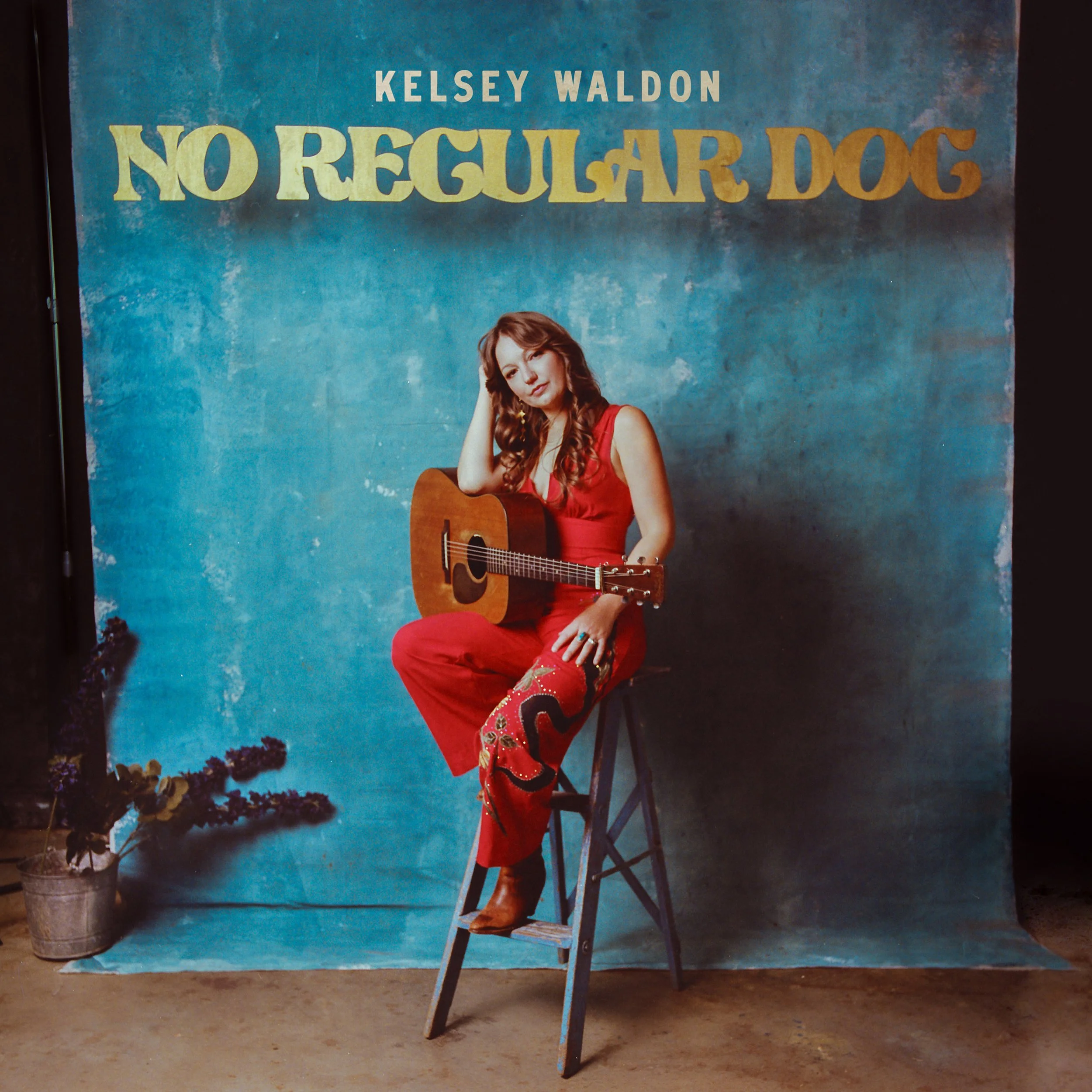
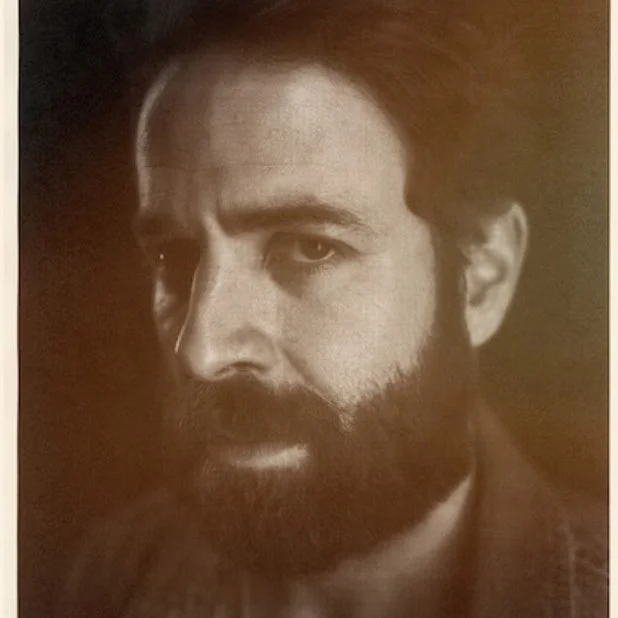
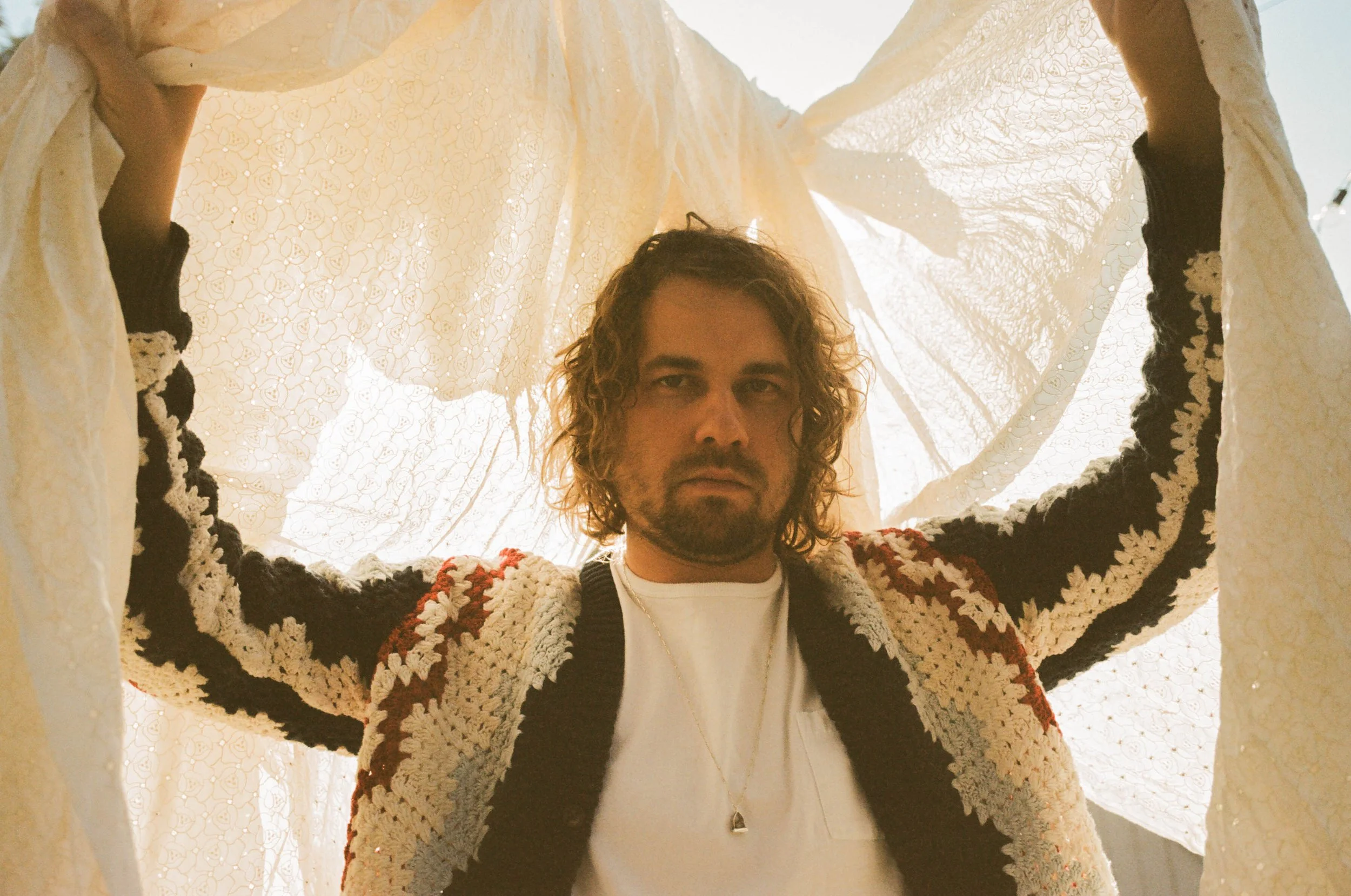
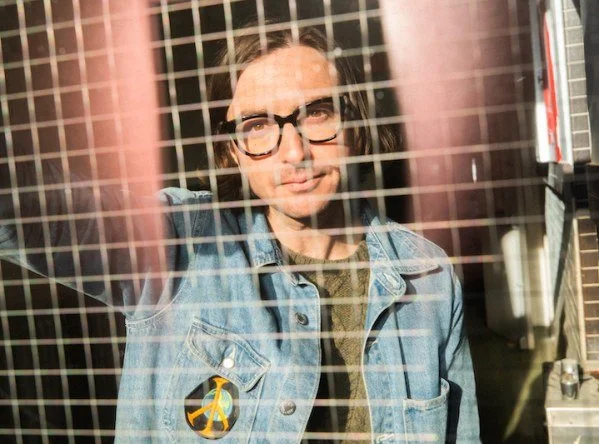
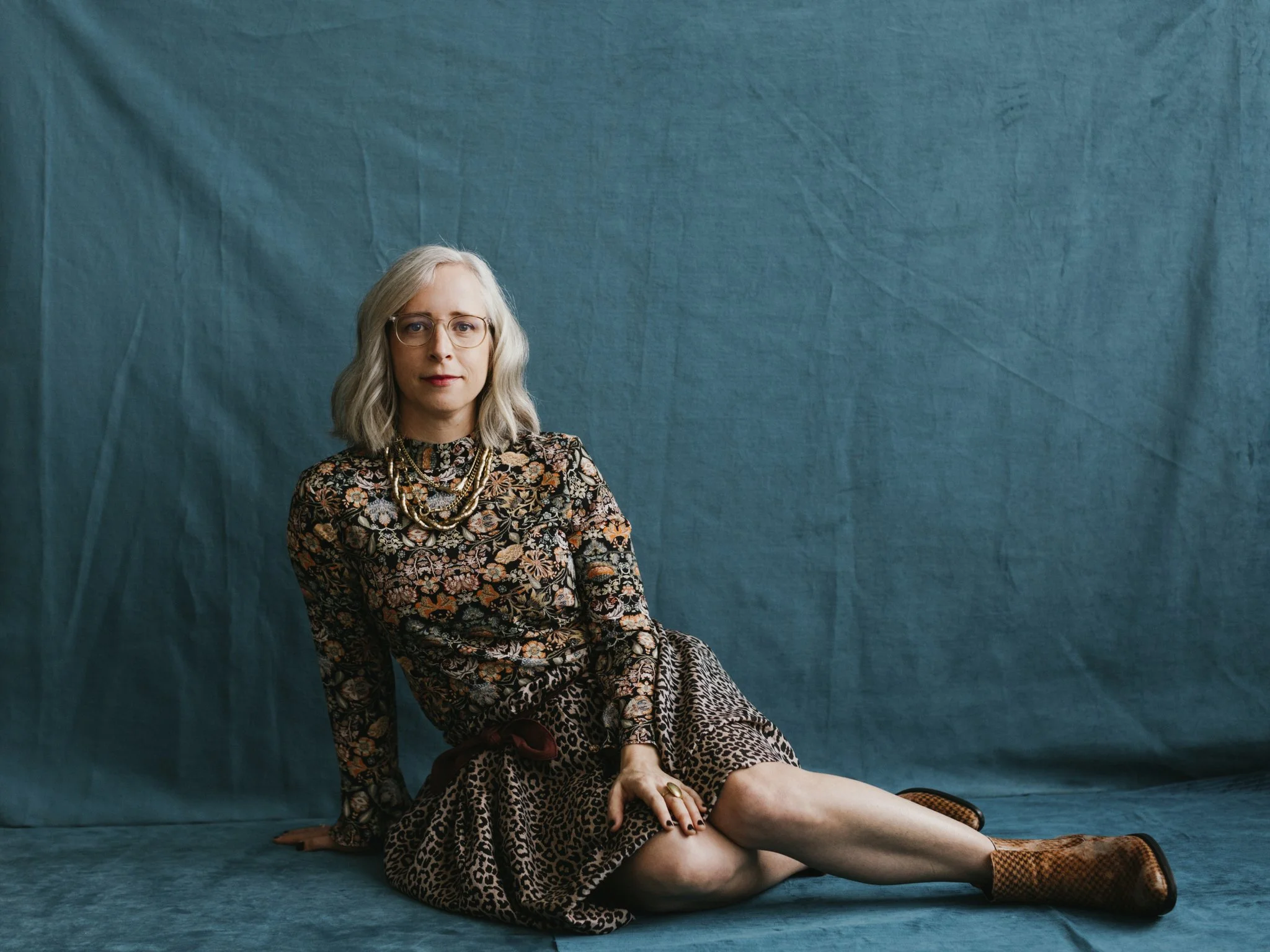
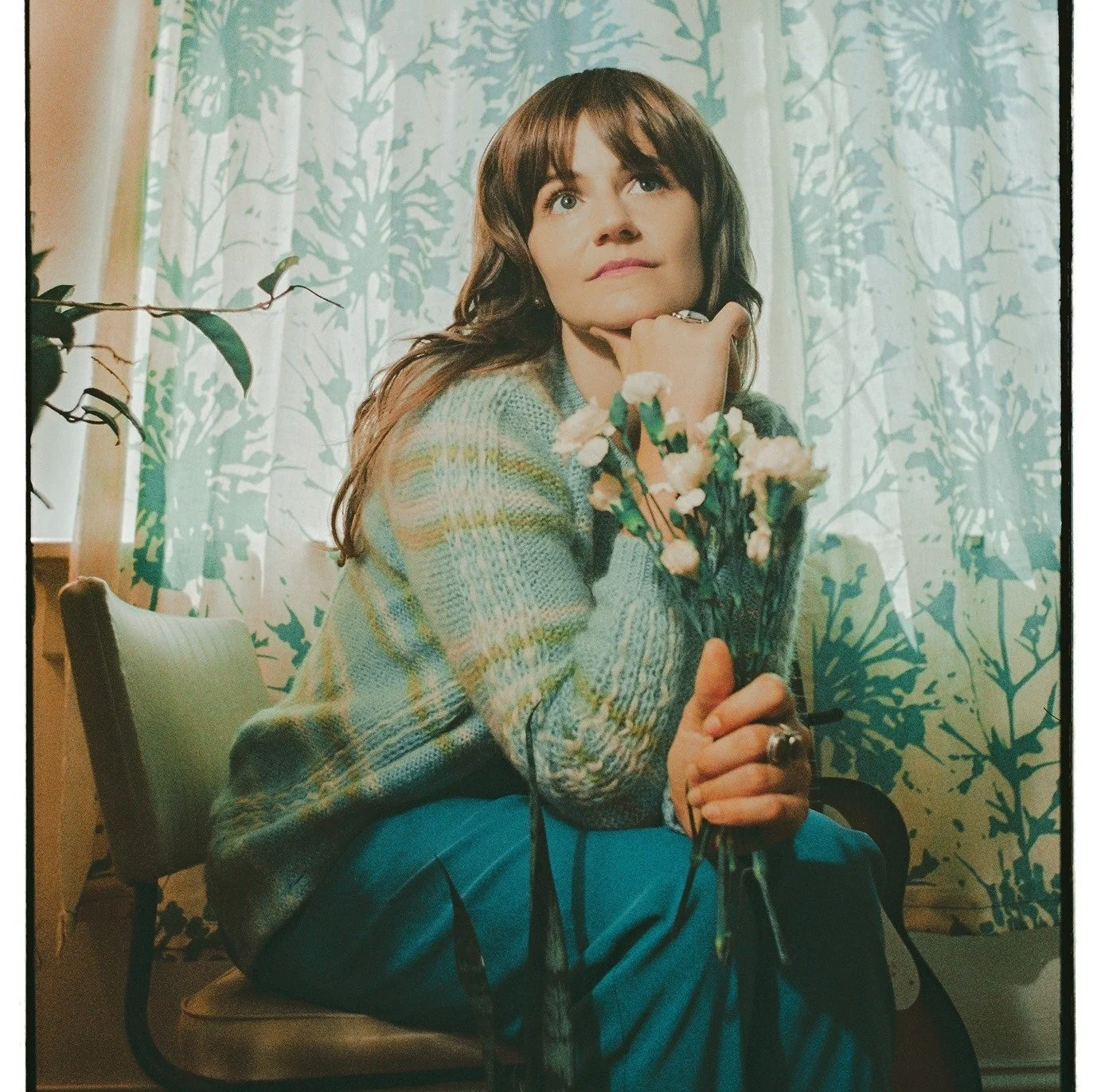




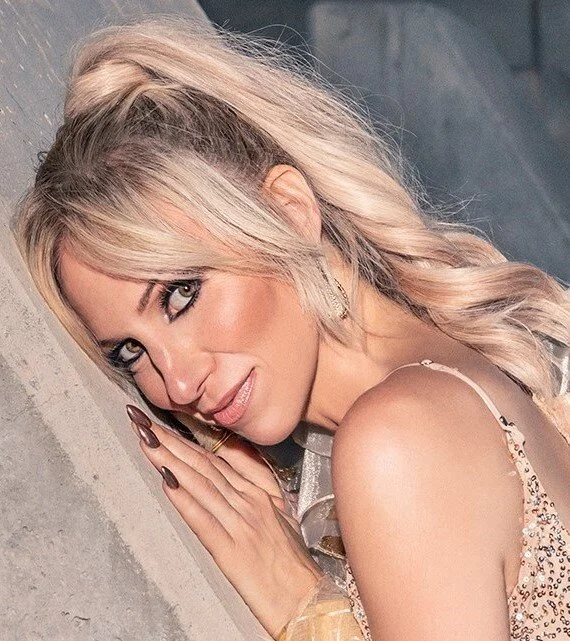






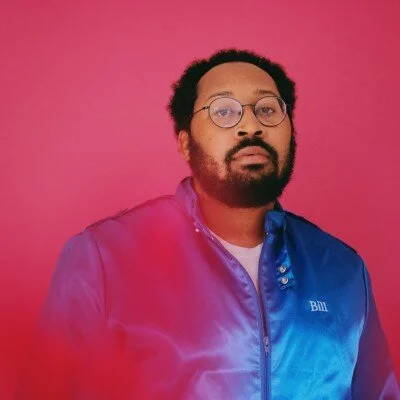
Matt Nathanson’s latest album Boston Accent was produced by Butch Walker. in this episode, they dissect why their creative relationship in the studio was so successful.